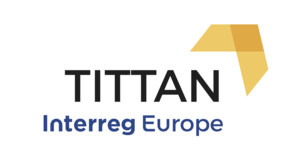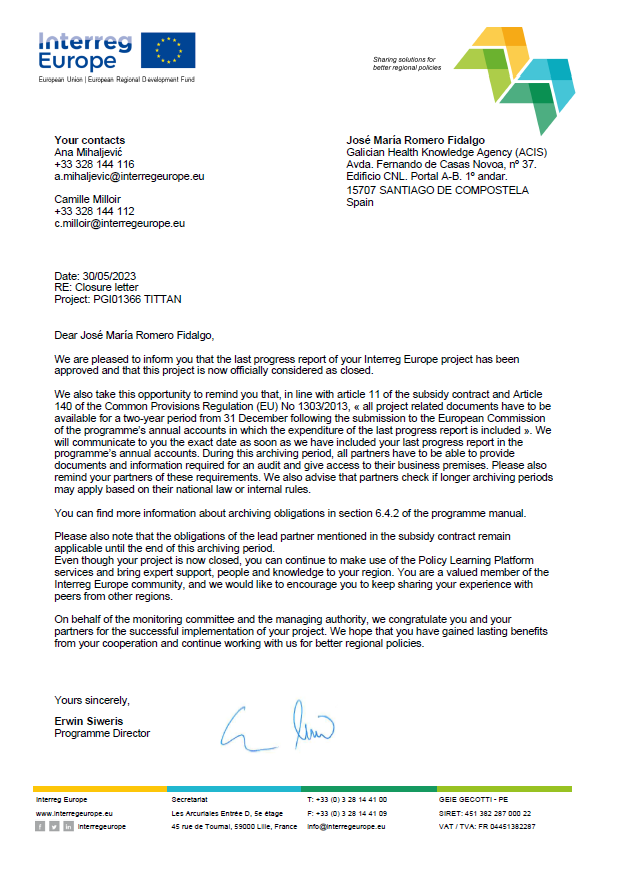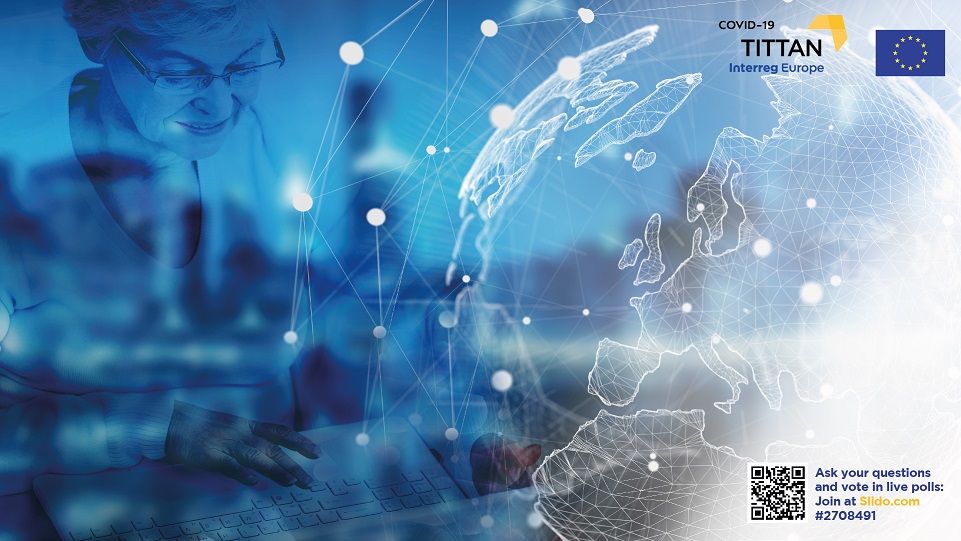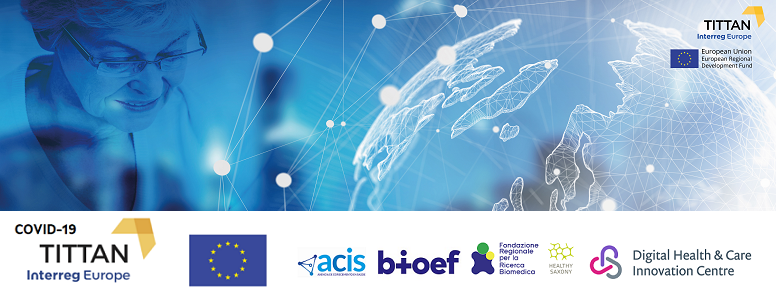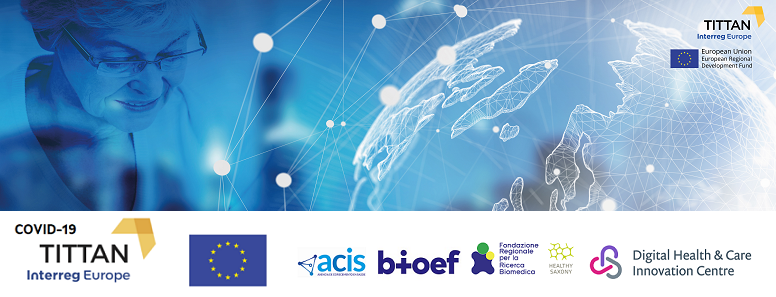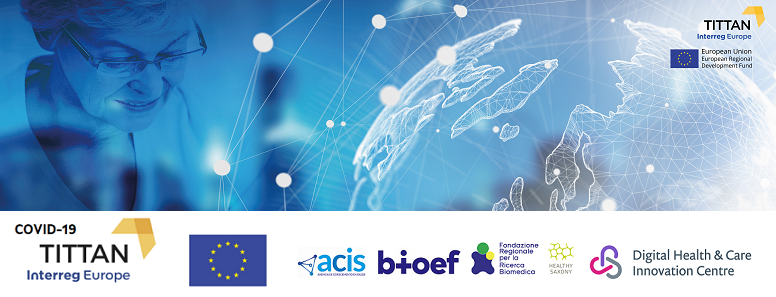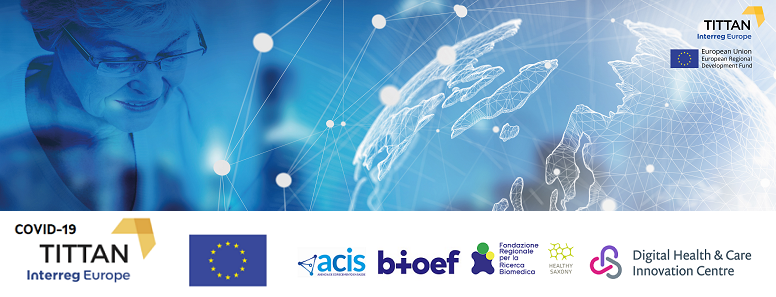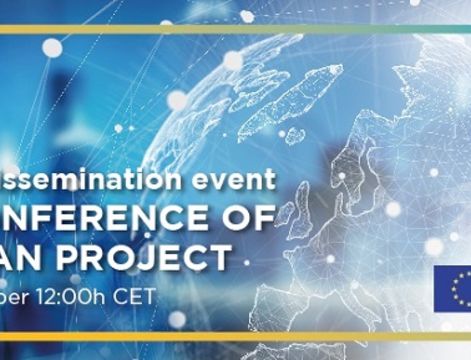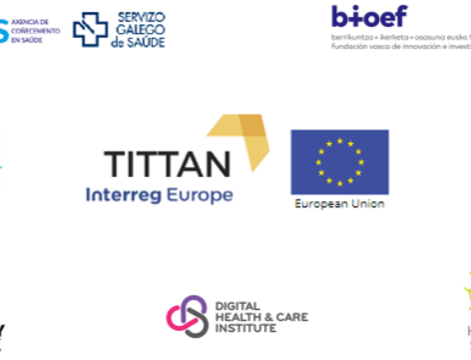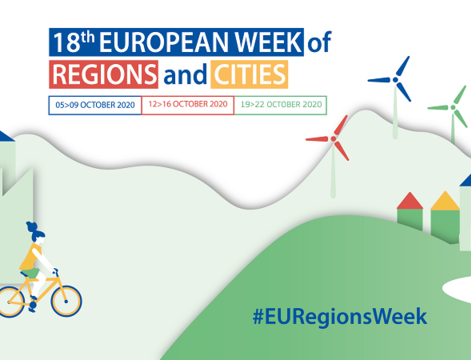On the 7th of February Healthy Saxony invited Basque and Galician partner regions to an in-situ visit in Dresden as part of the Interreg project TITTAN. The exchange, comparison and implementation of good practices in healthcare are the main goals of the research project.
European guests learnt about the details of the project C3-Saxony, a cross-cluster project from Saxony which was carried out from February 2014 until January 2016 under the coordination of the Saxon State Ministry of Economic Affairs, Labour and Transport.
C3-Saxony was funded by the European Union with the goal of facilitating and fostering cross-sectoral cooperation. Twenty five projects were supported by cross-cluster cooperation between Silicon Saxony (micro- and nanoelectronics) and biosaxony (biotechnology) as well as by AGIL GmbH Leipzig. From those, the three most innovative projects (Lipotype, ZellMechanik Dresden and VivoSensMedical) were awarded with €15.000, €7.000 and €3.000, respectively. The Basque Country expressed a great interest in the project proposals, achieved goals, possible follow-up/commercialization and, of course, also in the obstacles and hurdles after the project ended.
 After the experience and knowledge exchange about C3-Saxony the guests were informed about further innovative approaches from Saxony: Dr Heidrun GroB (head of the coordination point NCT Dresden) presented the National Center for Tumor Diseases Dresden which is since 2015 the second institution of this kind, following the example set by NCT Heidelberg. Here, physicians and scientists work together to offer cancer patients a tailor-made diagnostics and therapy. The aspiration of the NCT is to become an internationally renowed center of excellence for personalized cancer research and cancer therapy. By the beginning of 2019 a new NCT building will be completed on the grounds of the University Hospital Carl Gustav Carus Dresden. The new NCT building will host the operating room of the future, laboratories, areas for clinical trials as well as rooms for medical treatment and radiotherapy.
After the experience and knowledge exchange about C3-Saxony the guests were informed about further innovative approaches from Saxony: Dr Heidrun GroB (head of the coordination point NCT Dresden) presented the National Center for Tumor Diseases Dresden which is since 2015 the second institution of this kind, following the example set by NCT Heidelberg. Here, physicians and scientists work together to offer cancer patients a tailor-made diagnostics and therapy. The aspiration of the NCT is to become an internationally renowed center of excellence for personalized cancer research and cancer therapy. By the beginning of 2019 a new NCT building will be completed on the grounds of the University Hospital Carl Gustav Carus Dresden. The new NCT building will host the operating room of the future, laboratories, areas for clinical trials as well as rooms for medical treatment and radiotherapy.
Finally, the partners were guided by Priv. Doz. Dr. med. Gunnar Folprecht (oncologist of the University Hospital) through the University Cancer Center Dresden: a building equipped with state-of-the-art technical facilities for diagnostics and treatment of every type of tumour. All medical specialities are represented in the same UCC building, what makes a comprehensive multidisciplinary support possible.


During the in-situ visit the guests gained a deep insight into the innovations and plans of Saxony's healthcare sector and health industry. The visit should be seen as a great success and, at the same time, as important intermediate step since the experience exchange between European healthcare regions is essential for the sustainable development of the healthcare systems.
